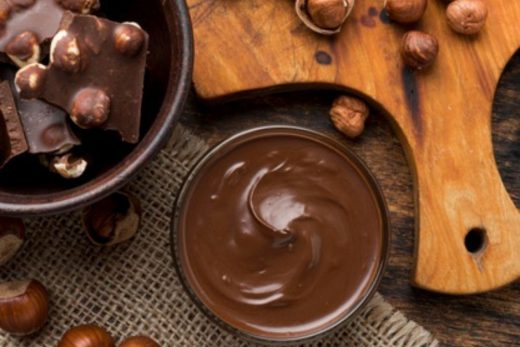- We all dream of a glowing, healthy and young skin. Putting aside the creams and care products we use, a real healthy skin starts with nourishment. The foods you should pay attention to and consume in order to protect your skin are in the continuation of the article …
1 – Green leafy vegetables for a bright skin
- Dark colored vegetables provide cell renewal and make the skin look brighter. For this reason, dark vegetables such as spinach, arugula and parsley should not be missing from the nutrition menu. Adding plenty of green salads to meals helps to achieve a brighter skin by accelerating the regeneration of skin cells. Since consumption of ready-made, processed foods instead of fresh fruits and vegetables causes the skin to lose its brightness, it should not be preferred.
2 – For a moist skin, drink water according to your weight
- One of the most important factors in maintaining the moisture balance of the skin is to drink enough water during the day. Drinking 30 ml of water per kilogram is not enough to meet your daily water requirement. For example, a person weighing 55 kg should not drink less than 1,650 ml of water per day. In addition, since raw vegetables and fruits contain high amounts of water, choosing salads consisting of 3 servings of fruit and raw vegetables in meals also helps to maintain the moisture balance of the skin.
3 – Stay away from carbohydrates to get rid of acne
- The rate at which a food raises blood sugar is defined as the glycemic index. According to studies, feeding with high glycemic index products such as white flour and table sugar also causes acne formation. For this reason, it is possible to prevent acne formation by choosing carbohydrate sources with low glycemic index such as whole grain bread and bulgur instead of foods with high glycemic index.
4 – Egg against wrinkles
- Frequent exposure to ultraviolet rays from the sun increases the destruction of collagen fibers in the skin and causes wrinkle formation. Sun protection creams can be effective on the skin epithelium, ie the upper layer. However, since the skin layers in the lower layers must be protected, antioxidant-containing foods come into play at this point. Eggs, dark green leafy vegetables, vegetable oils and whole grain products help prevent wrinkles by protecting the skin against ultra violet rays thanks to the antioxidant properties of vitamin E they contain.
5 – Consume walnuts and hazelnuts for exfoliation
- Exfoliation may occur as a result of the upper layer of the skin losing its water. For this reason, drinking enough water, increasing the consumption of raw vegetables and fruits are among the measures that can be taken to prevent dehydration. In addition, the polyunsaturated fatty acids contained in the oil seeds help to maintain the moisture balance of the skin and protect against exfoliation. Consuming 2-3 walnuts or 7-8 hazelnuts a day is enough to meet this need.
6 – Vitamin C against skin stains
- The amount of antioxidants taken should be increased in order to avoid the harmful effects of ultraviolet rays, which is one of the most important causes of skin stains. Vitamin C, vitamin E and beta carotene are among the most important sources of antioxidants that fight for the skin. By consuming a large orange or a glass of strawberries, most of the daily vitamin C requirement can be met, protecting against skin blemishes.





